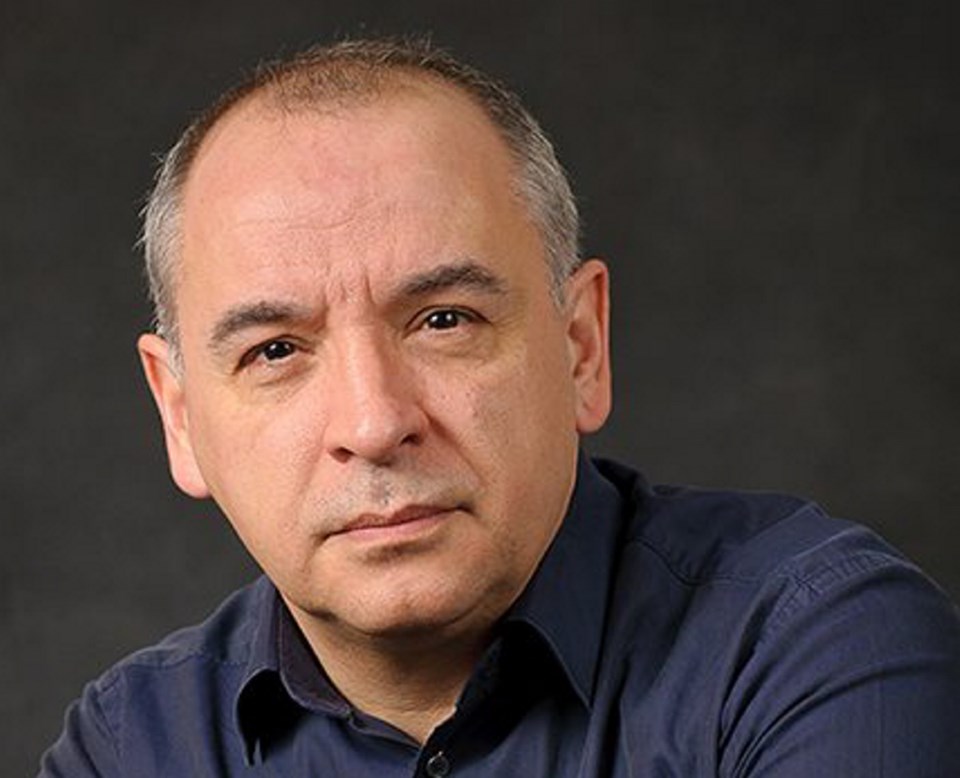Dear Condo Smarts: I am writing this email in confidence so have been vague about our strata to avoid recriminations from our strata council president.
I am a single, retired woman and live in a mid-sized strata in Greater Vancouver. At least half of our residents are single seniors and the rest are single parents and working people with little time on their hands.
We have five owners on council, three retired single women, one working mom and our president, who is a semi–retired professional.
Our strata council started out fine, but the president, who agreed to lead the council and work with the manager, has basically excluded the other councillors from decisions and business of the corporation. To make matters worse, he has authorized the expense of more than $60,000 in building upgrades without the council or owners’ approval.
Everyone thought we knew what was going on, but costs were hidden in routine service agreements, such as the elevator servicing and inspections, where a new series of electronic upgrades were approved for a total cost of $17,000.
We need some help to make better decisions and to act as a responsible, not as an intimidated, group of owners.
C.C.
Dear C.C.: Your experience is not unique. Council members are volunteers, and often fit some of the business of the strata corporation into their busy lives, but leave the work and control up to the council members who are willing to take over.
Whether your strata functions well or is in crisis, a formalization of the strata business by the council is always essential.
The problems started when CC’s strata council positions were acclaimed immediately after their annual meeting, without any discussion. When a new council is elected, the first council meeting will set the stage for the coming year of the strata corporation.
Don’t be pressured into a hasty council meeting right after the AGM to elect council executives. There has not been proper notice issued for a council meeting under the bylaws, and the elected council members do not yet have the resources or information they require to make a decision.
Schedule a meeting for a week later. Ensure that each council member has an operations manual containing the business of the corporation, and an opportunity to understand the roles and responsibilities of each of the council members, and then have a discussion over the function of the president, vice-president, treasurer and secretary.
Review the relationship with the strata manager so you have a clear understanding of the manager’s responsibilities and the obligations to the strata corporation.
The basic rule that applies to council meetings and business is that council executes decisions by majority vote. Don’t allow decisions to be made without properly worded resolutions, voting on the resolutions and ensuring the resolutions are recorded in the minutes.
If you delegate special authority to a council member, then by motion at the meeting, clearly define what that authority constitutes and what conditions limit the council member.
The same may apply to a special project, supervision of staff or contractors.
Maintain the same standards at every council meeting.
Control or bullying requires a certain level of apathy of the remaining council members, so it is important for the members to regularly schedule meetings and attend.
If you have a president who is acting without authority or excluding the remaining council members, it may be time to elect a new president.
The action may seem adversarial, but leaving an unhealthy power balance will only result in a greater crisis.
CHOA has a number of information guides, templates and schedules available to assist with council operations.
Tony Gioventu is executive director of the Condominium Home Owners’ Association. The association’s website is www.choa.bc.ca.
